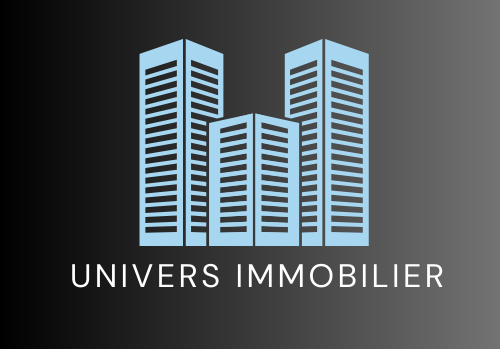For those just beginning their home buying journey, here are some helpful hints and strategies.
Introduction
Buying your first home can be intimidating. With so many things to consider, it’s essential that you know what to look out for and how to maximize the experience. With these tips in mind, you’re sure to make the most of every step along the way.
Prior to Making a Purchase
Acquaint yourself with your financials
Before buying a home for the first time, it’s essential to comprehend your current standing financially. Know how much you can borrow and what kind of payment plan works best for you; lenders will take into account factors like credit score when calculating interest rates and loan terms.
Researching the Market
Before selecting a home, it’s essential to do your due diligence on the market. Learn about different types of houses and neighborhoods, as well as local real estate trends to determine what value for your money you can get. Furthermore, explore various loan programs available in order to find one that works within your budgetary constraints.
Consider Additional Costs
When buying a home, there are more expenses than just the purchase price. Closing costs, mortgage insurance and other fees may apply as well; depending on which loan type you take out there may even be additional charges associated with it. Be sure to read all details of any loan agreement carefully and ask questions of your lender before signing anything official.
Becoming Pre-Qualified
Becoming pre-qualified for a loan can be beneficial to first-time homebuyers. This process helps determine what type of loan you qualify for and your estimated monthly payments. Furthermore, being pre-qualified could enable you to secure an advantageous deal on the home of your dreams.
Deciding On the Ideal Home
Locating the perfect home can be a daunting process.
Establish Your Budget
Before you purchase a home, the first step should be figuring out your budget. How much money do you have available for a down payment and closing costs? Can you comfortably afford monthly mortgage payments? Additionally, what loan and interest rate options are available to you? Knowing these answers will enable you to decide what type of house and location are within reach within your means.
Determining the Right Location
When purchasing a home, location is paramount. Take into account your needs and wants when making your choice; are you searching for something close to work or the city? Or do you prefer quieter neighborhoods? Take into account distances to schools, shopping centers, public transportation stops and other amenities as well as any potential resale value of the house should you decide to sell it in the future.
Utilizing a real estate agent
Utilizing the services of an experienced real estate agent can help you get the best deal on your new home. They have intimate knowledge of the local market and will be able to guide you towards finding the perfect property at a great price. Furthermore, they will assist with negotiations on your behalf and guide you through every step of the home-buying process from beginning to end.
Making an Offer
Becoming familiar with the process
Before making an offer on a house, it is essential to have an extensive understanding of every step in the purchase. This includes knowing the different loan types available, what closing costs involve and how to calculate a budget for purchasing. Researching loan programs and getting pre-approved from a lender will give you insight into your affordability level and best way to finance the purchase.
Negotiating the Best Deal
Before beginning negotiations for any great deal, buyers should obtain a copy of their credit report and credit score. This will give an indication of what kind of interest rate can be offered by lenders. Furthermore, buyers should research real estate agents in their area to gain insight into the local housing market and calculate an accurate home price.
Making an Offer
After buyers have done their due diligence and collected all necessary documents, including understanding their credit score, they can begin making offers on properties they are interested in. When making these offers to sellers, make sure your offer is competitive and includes any conditions of the sale which need consideration. Sellers typically counter-offer and buyers should be ready to negotiate accordingly.
Closing the Deal
Let’s conclude this deal!
Acquaintance with the paperwork
Understanding the paperwork when purchasing a home is essential. Lenders will provide various documents, such as mortgage loan documents, title documents, closing documents and other disclosures. Be sure to read these carefully, ask questions and ensure you comprehend all terms of the loan agreement.
Arranging for Closing Costs and Inspections
Arranging for closing costs and inspections is a must. Closing expenses typically include loan origination fees, appraisal fees, title insurance, and other associated fees that need to be covered during the closing. You should factor these into your budget accordingly; you may even require a home inspection to confirm the property meets standards before closing.
Concluding the Sale
Finally, it’s time to close the deal. This involves finding a lender, getting an interest rate and signing all necessary paperwork. Make sure your credit score is good and shop around for loan deals that fit within your budget; many programs exist that can assist first-time homebuyers such as FHA loans – so do some research!
Conclusion
Buying a home is a major milestone, and as a first-time homebuyer, there’s a lot to consider. To help make the process easier, make sure you understand your financials, research the market, get pre-qualified for a loan, set a budget, find the right location, work with a real estate agent, understand the offer process, negotiate the best deal, and understand the paperwork and closing costs involved. With these tips for first-time homebuyers, you’ll be well on your way to a successful home purchase.










